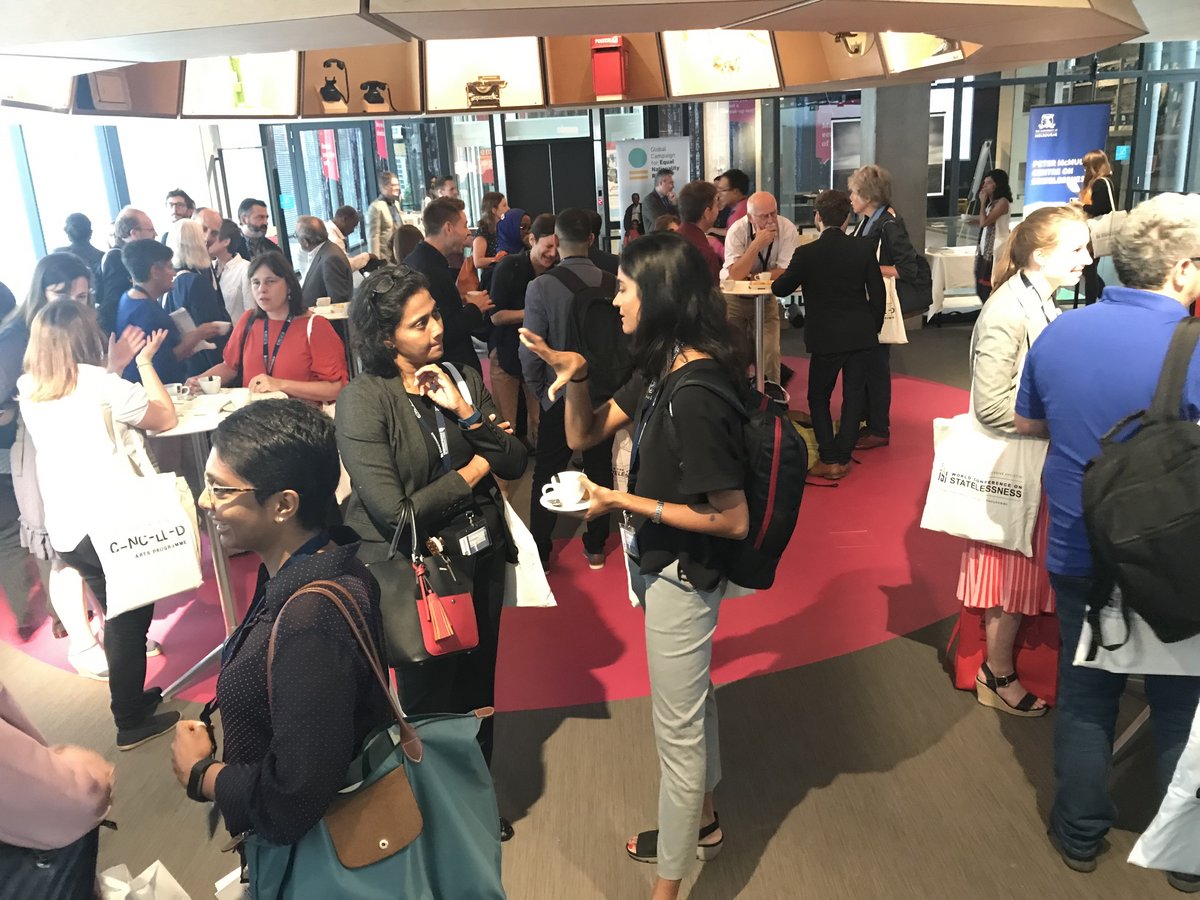Expert activists advocating an end to statelessness in Europe (Judith Beyer)

In this ongoing multi-sited ethnographic research project, I follow a group of high-skilled people I refer to as “expert activists” in their work of advocating an end to statelessness in Europe. Statelessness is commonly depicted as a deplorable anomaly that should not even exist in the first place, particularly not in the twenty-first century, in a world of nation-states. But almost seventy years after the first UN Convention “Relating to the Status of Stateless Persons” (1954) came into force, statelessness is not only still an issue, but a highly pertinent one.
In Europe alone, over half a million people are de facto stateless (UNHCR 2018). This number is likely to be underestimated, as the available data is unreliable (ISI 2020: 91). Given that millions of individual stories of human suffering worldwide are encompassed by this complex phenomenon, it is understandable that a wide range of actors have taken it on themselves to advocate an end to statelessness. The urgency with which they endow their endeavour to act against statelessness seems warranted: Statelessness threatens to erode an individual’s very sense of being. In the documentation and policy papers produced by activists but also scholars, a frequent way to characterize the stateless is as “nowhere people”, as “legal ghosts” or “non-persons.”
Theoretically, this project will develop innovative approaches towards an understanding of expert activism and statelessness, both under-researched in anthropology up to date. It will argue against a theoretical reductionism that regards expertise and activism as two essentially different and mostly individual properties, drawing instead on classical socio-political theories that relate the individual to class and the state (e.g. Arendt, Gramsci).
My data from this ongoing research project consists of written observations, photographs, the recording and subsequent transcription of free flowing talk as well as oral presentations and speeches, diary entries and the analysis of textual documents all obtained from participating in workshops, conferences and policy briefings in various European settings, such as universities, museums, event spaces or EU offices. My ethnographic research is ongoing, but currently takes place mostly online due to Covid-19 travel restrictions and the mass cancellation of scheduled in-person events. I mostly participate in thematic webinars on the topic of statelessness, participate in annual stakeholder meetings or the launching of new reports or other publications. I also draw on my experience as a country of origin-expert for stateless Rohingya who appeal their rejected asylum cases in first- and upper-tier tribunal cases in the UK.
